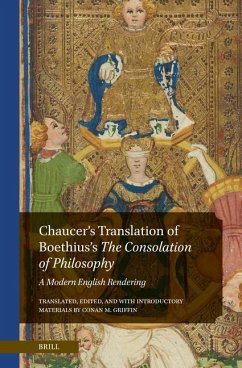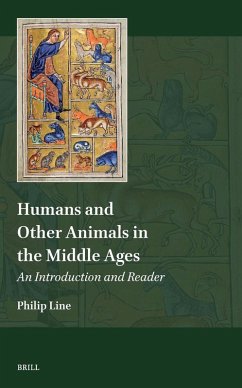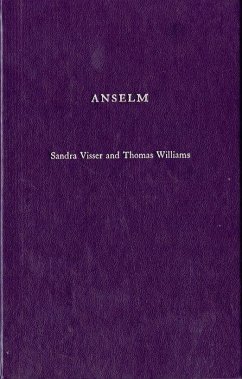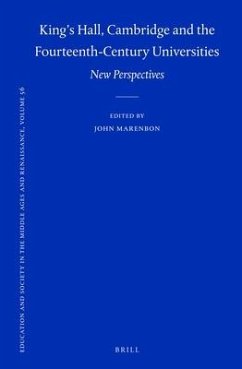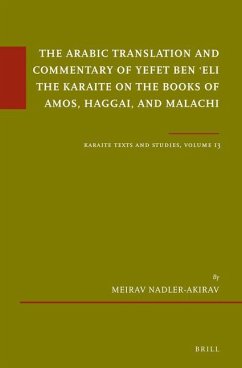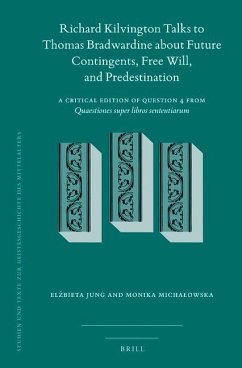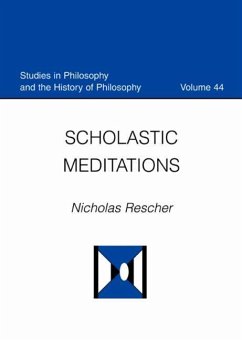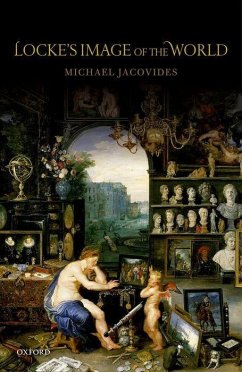Nicht lieferbar
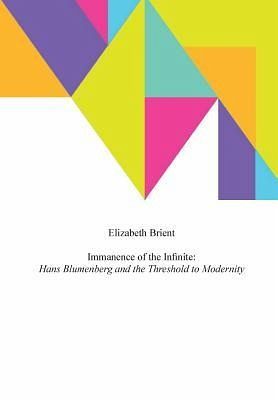
Immanence of the Infinite
Hans Blumenberg and the Threshold to Modernity
Versandkostenfrei!
Nicht lieferbar
Most scholars would agree that there is an epochal threshold between the world of the Middle Ages and the modern world. Agreement on the nature and dynamic structure of that threshold is harder to come by. Hans Blumenberg's original and compelling account of the transition from medieval to modern, given in his 1966 work The Legitimacy of the Modern Age, has received wide attention. Elizabeth Brient begins her own account of the transition with an extensive, critical assessment of central aspects of Blumenberg's work. She elucidates his "dialogical" method of historical explanation, then discus...
Most scholars would agree that there is an epochal threshold between the world of the Middle Ages and the modern world. Agreement on the nature and dynamic structure of that threshold is harder to come by. Hans Blumenberg's original and compelling account of the transition from medieval to modern, given in his 1966 work The Legitimacy of the Modern Age, has received wide attention. Elizabeth Brient begins her own account of the transition with an extensive, critical assessment of central aspects of Blumenberg's work. She elucidates his "dialogical" method of historical explanation, then discusses the shortcomings of his defense of the "legitimacy" of modernity. The transition to the modern world is marked by the process of making infinite the finite medieval cosmos. Whereas Blumenberg focused on the spatial infinitization of the universe, Brient claims that the process must be understood intensively as well as extensively. In the now-infinite universe of the new science, the problem of finding a measure for man's self-assertive activity, and for human knowledge, comes to the fore. The second half of the book focuses on the way in which this difficulty is addressed with conceptual resources developed in the tradition of late medieval Neoplatonism, in particular in the speculative thought of Meister Eckart and Nicholas of Cusa. Specific attention is given to the way in which Cusanus' notion of the immanence of the infinite in the finite responds to the need for a regulative ideal for human knowing. This is the first book-length treatment of Blumenberg to appear in English and will be a most welcome resource for readers engaged by debates concerning the status of modernity. It will beof equal interest to students of Eckhart and Cusanus, and to those generally concerned with the transition between the medieval and the modern world.




